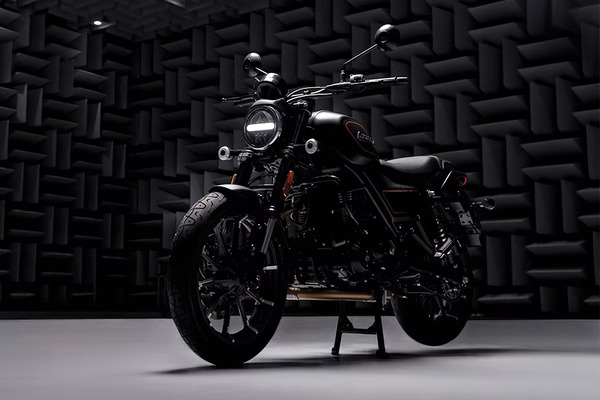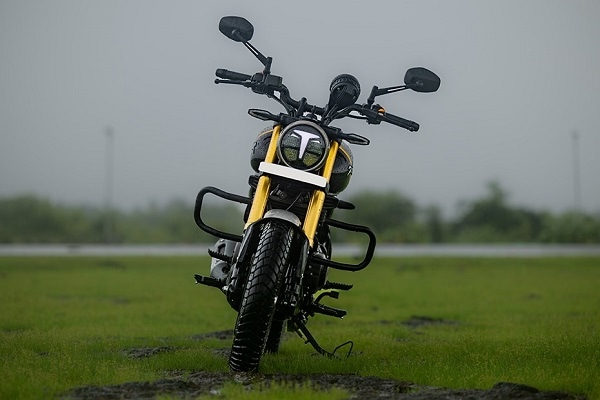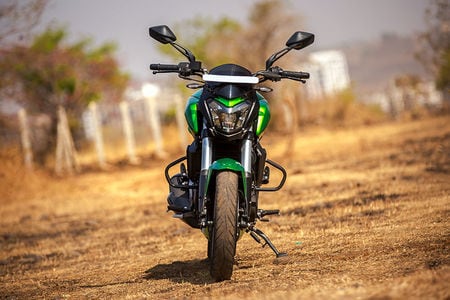Auto cos race to develop greener vehicles


Indian vehicle makers are joining the global race to make less-polluting greener vehicles, teaming up with international firms and pouring money into research that could result in commercially viable technologies quickly.
Petrol and diesel are used overwhelmingly in passenger and commercial vehicles in India, with cleaner-burning compressed natural gas (CNG) and liquefied petroleum gas (LPG) gaining in popularity but curtailed by their limited availability.
Trending Bikes
India is encouraging use of biofuels like ethanol, made from renewable resources, for greater energy security and emission reduction, but it is dragging its feet on legislation.
Still, firms from top vehicle maker Tata Motors Ltd to tiny electric car maker Reva are testing options from biodiesel to hybrids, encouraged by growing demand.
'Our growth is a combination of greater consumer interest and stricter government regulations overseas,' said Chetan Maini, deputy chairman at Reva Electric Car Co, which recently received $20 million in venture capital funding and is doubling output this year to 6,000 units, of which half will be exported.
Tata Motors is working with foreign firms on biodiesel and electric traction technology and with France's Motteur Development International on using compressed air as fuel.
Top utility vehicle maker Mahindra & Mahindra has a concept three-wheeler that uses compressed gaseous hydrogen, and is studying the feasibility of hydrogen internal combustion engines and fuel cells with Shell.
Indian energy firms, like their global peers Shell, BP and ExxonMobil, are speeding the move to biofuels. Indian Oil Corp is partnering some auto makers, while Reliance Industries Ltd is growing jatropha for biodiesel.
Jatropha, a tough shrub, can be grown on semi-arid land and is expected to play a major role in biofuel production in countries like India where most arable land is already being used to grow food.
Global push
It has been a decade since Toyota Motor Corp launched the Prius -- a hybrid car that twins battery power and a combustion engine -- which is today the best-selling hybrid car.
But hybrids still make up only a fraction of global car sales, and DaimlerChrysler, Toyota and Honda Motor have said they do not expect their fuel-cell vehicles to hit showrooms until the middle of the next decade.
Some analysts doubt Indian firms will get there any quicker.
'These companies have been at it for a long time. Indian firms are just growing now and simply don't have that type of money,' said Ajay Shethiya, an analyst at Enam Securities.
In India, progress is also hamstrung by delays in the rollout of stricter emission norms and a lack of government policy and incentives, but analysts expect auto makers will not be deterred.
'These firms have global ambitions, and are able to invest big and are willing to partner firms for technology,' said VG Ramakrishnan, director of Frost & Sullivan's automotive practice.
Tata Motors is talking to makers of hybrid engines and fuel cells, such as Canadian battery maker Ballard Power Systems, and car makers in Japan and Europe, including partner Fiat, which makes engines that use gas and ethanol.
Honda is reported to be mulling the Civic hybrid for India.
'The foreign firms realise the markets of the future are not in the United States, they're in places like India,' said Mohit Arora, managing director for India at JD Power Asia-Pacific, on why foreign firms would be keen on the small but growing market.
But auto manufacturers lament the lack of federal incentives.
'We've done prototypes of electric city buses, and we're ready to make them, but we need policy decisions,' Maini said.
In the UK, Reva's G-Wiz is exempt from parking fee and congestion taxes and gets other subsidies, Maini said. In India, only government institutions get a subsidy of up to 75,000 rupees ($1,850) on the car, priced at about 350,000 rupees.
But others say vehicle makers will be driven by demand.
'There's a different green incentive: money,' Arora said, citing operating economics as the key influence in car purchases.
'As long as the price of gasoline is high, even more than concern for the environment, competition or incentives, simple operating economics will drive firms toward these technologies.'








 349.34 cc
349.34 cc 36.2 kmpl
36.2 kmpl










